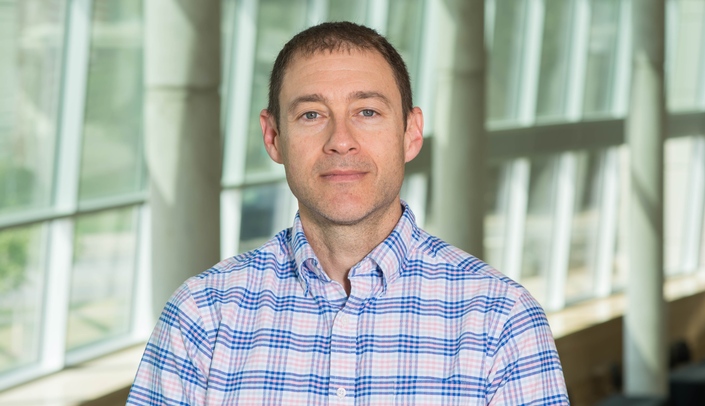My favorite time of year is here—summer time. I enjoy the end of the cold weather, gardening, and the start of our new class of NE-INBRE Scholars. My congratulations to all the new scholars as well as to the undergraduate faculty who have recruited and selected this class. I look forward to working with all of you as we begin our 18th year with the NE-INBRE Scholars Program. We set a new record with 29 scholars participating this summer.
Throughout the tenure of the NE-INBRE, primary objectives at the participating research institutions (PUIs) have been to provide and expand research opportunities for students as well as create a scientific research culture on campus and a pipeline to enter into biomedical research and other health professions. Accordingly, NE-INBRE investments in faculty research projects (Developmental Research Project Program) and infrastructure at the PUIs have generated opportunities for both NE-INBRE Scholars and other undergraduate students (multiplier effect; for every one NE-INBRE Scholar, there are an additional five undergraduate students) to become active in advanced biomedical research.
Importantly, the NE-INBRE Scholars Program continues to link our network campuses together through a standard approach that also provides effective outcome metrics to evaluate the achievements. The successes in accomplishing our long-term goals are becoming even more apparent, as demonstrated by the success of NE-INBRE Scholars in their career development.
Since 2001, ~60% of our scholars (248 out of 407) left their PUIs and pursued a career in science, including 113 PhDs, 108 in professional school-, and 29 in the scientific workforce. In addition, from 2015-2018, 37 NE-INBRE PUI faculty produced 129 peer-reviewed publications, received 36 awards, and were awarded 137 grants (227 submitted) totaling ~$19M.
In March 2019, the NE-INBRE grant was resubmitted to NIH for another five years of funding. I want to personally thank Saralyn Fisher as well as the entire NE-INBRE Research Institution and PUI faculty for their help in putting this 800+ page grant together!
Unfortunately, no current awarded DRPP can automatically carry over into the new grant cycle. All current DRPP faculty will have to re-apply. Those faculty, along with any STEM faculty, from the nine PUIs in the NE-INBRE network eligible to submit an application for a DRPP grant proposal can do so. Grant funding will start May 1, 2020.
Based on our successes thus far, we envision that DRPP support will continue to encourage high-quality, interdisciplinary biomedical research on the undergraduate campuses, enhance collaborative research and publishing amongst research investigators on all campuses within the NE-INBRE network, and continue with the development of a pipeline of students into research and research-related careers in Nebraska.
I wanted to share some bittersweet news with you. UNL campus coordinator, Deb Brown, has left UNL and started a new position at the Trudeau Institute in upstate New York. She will continue her research on influenza vaccines with the viral immunology group, as well as teach immunology and organize an Undergraduate Research Program with Clarkson University.
Dr. Brown said the NE-INBRE program is so important for our PUI students, as well as the UNL students, and she wanted someone passionate about undergraduate research to be UNL’s next campus coordinator. I am happy to say we found such a person, Dr. Brian Couch, who you can read more about in this issue of the INBRE newsletter.
Enjoy the rest of your summer and I look forward to seeing everyone in Nebraska City for the annual NE-INBRE Conference, which will be held Aug. 4-6.
Message from the Director
- Written by Lisa Spellman
- Published Jun 28, 2019

Paul Sorgen, Ph.D.